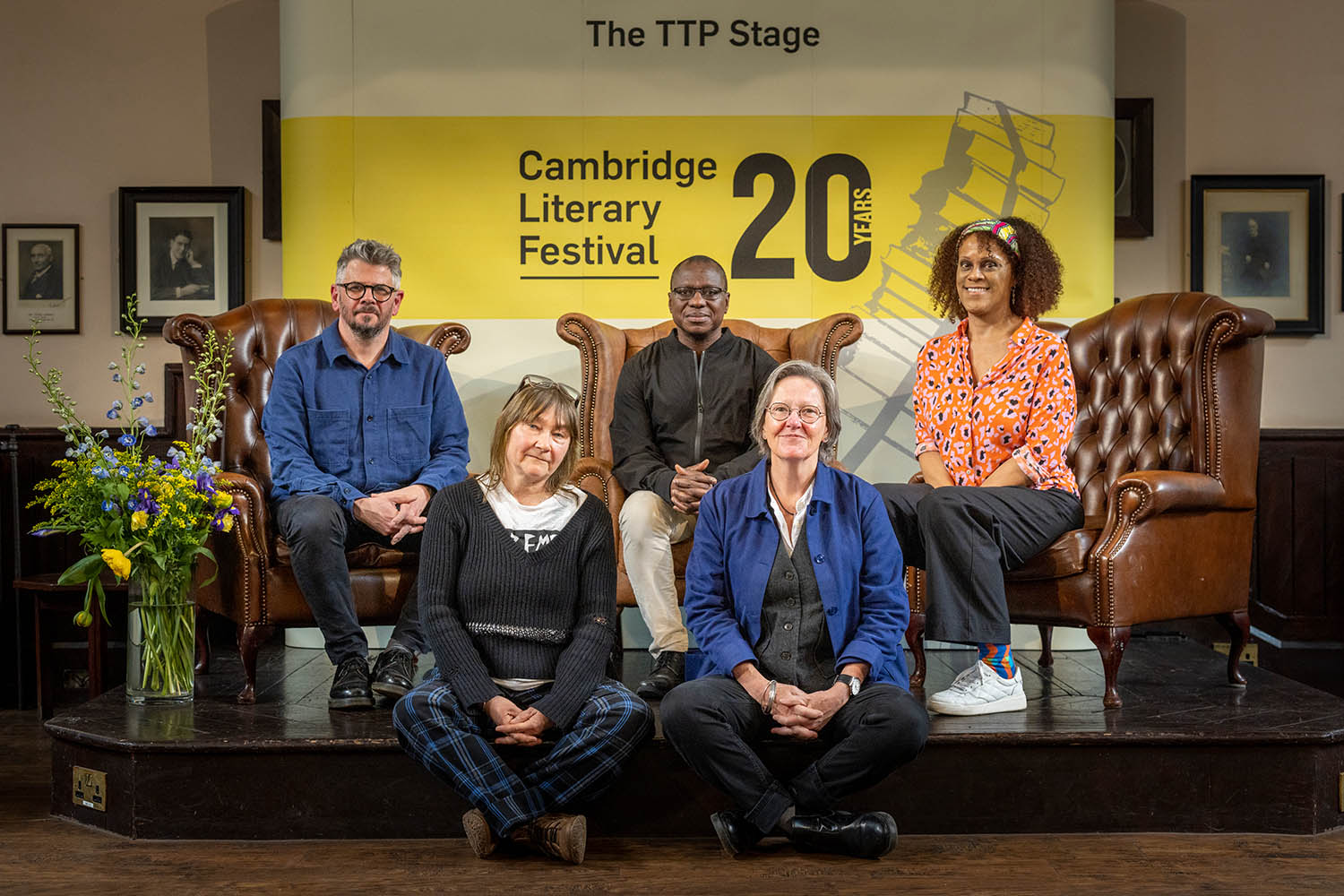In 2023, I sat in the Cambridge Union with 500 young people aged 14-16 from state schools all over the country, listening to Pious Keku telling us, very eloquently, very frankly, what it had been like to be trafficked as slave labour for most of his life, first on a cocoa farm as a child in Ghana then as a young man in a warehouse in another country, working 18 hours a day for nothing – only finding out after quite a long time that the place he was in was called Luton. He told the students, too, about the nightmare of being detained when he asked for help here, and about the detention system seen from the inside.
That phrase about hearing a pin drop rings true. The students at the event were stilled, held, and intent in their listening. They couldn’t have been otherwise. Pious spoke so truly and so openly, and about horrendous odds.
I met Pious 10 years ago, at the start of the project that became Refugee Tales. Its organisers, Anna Pincus and David Herd, had understood that if they matched the people whose voices were being denied or unheard with contemporary writers – in other words, people whose preoccupation is listening for and working with voice and language – something freeing might happen for silenced and detained people. They planned to draw attention – by walking for several days every summer across England, and by the exchange of life stories and the promise of open hospitality along the way – to something traditional to all English expression: the communal notions of pilgrimage that Chaucer brought to life nearly 800 years ago, and the making visible of the “mountainous inhumanity” faced by refugees that Shakespeare critiques in a speech in The Book of Sir Thomas More – the only piece of writing we have, as it happens, that’s probably in Shakespeare’s actual hand, available to all on the British Library website.
So Refugee Tales asked a group of writers to meet a group of detained people and write, in any form they chose, about that meeting of minds and voices.
I met Pious. He told me what had happened to him. I sat like those school students and understood the roughness he’d faced and the spirit with which he had survived and was surviving. Later that day, I met a young Vietnamese man in detention in Brook House in Gatwick. He was teaching himself English from a dictionary smaller than the palm of his hand and he spoke it with more care and thoughtfulness than I’ve ever spoken any of the languages other than English that I was lucky enough to have been taught at school.
Ten years on, and the list of writers who’ve taken part, from Bidisha to Robert Macfarlane, Olivia Laing to Jackie Kay, Bernardine Evaristo to the Nobel prize-winning Abdulrazak Gurnah, has been met in turn by pieces written by the detainees and refugees themselves. Pious has come to write his own story, published in one of the volumes of collected Refugee Tales over the years.
This is a small bright spot in a decade of tortuous pressure – legally, politically and in terms of public rhetoric – on the people forced by war, environmental ruin, poverty and fear into exile and crossing the world with something like hope in humanity. What happened for Pious in the course of the decade, a deliverance with some fragile relief at last, happened against those odds. I have no idea what happened to the young man I met in Brook House.
Ten years on, in even darker times for the people rendered voiceless and used as political expedience every day, Refugee Tales is more necessary than ever.
More on Refugee Tales
Photograph by Martin Bond
Newsletters
Choose the newsletters you want to receive
View more
For information about how The Observer protects your data, read our Privacy Policy


